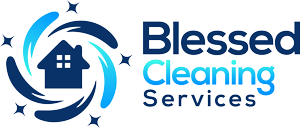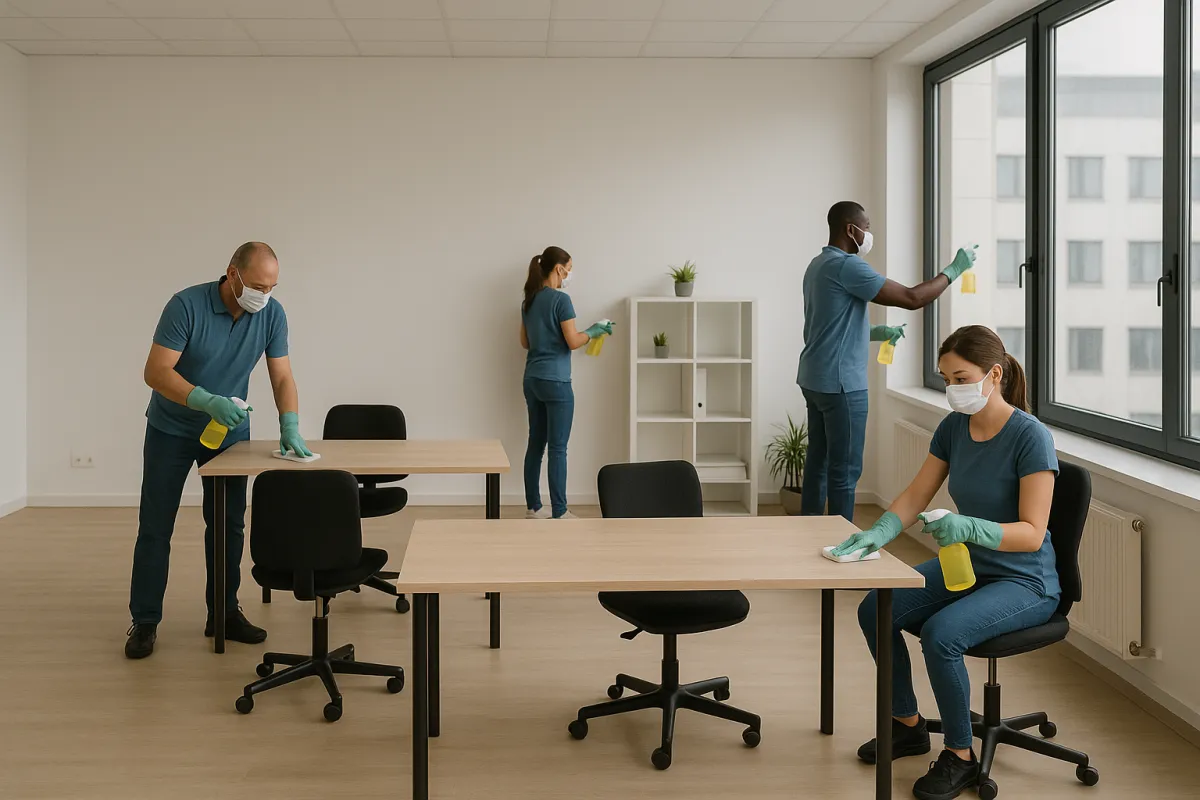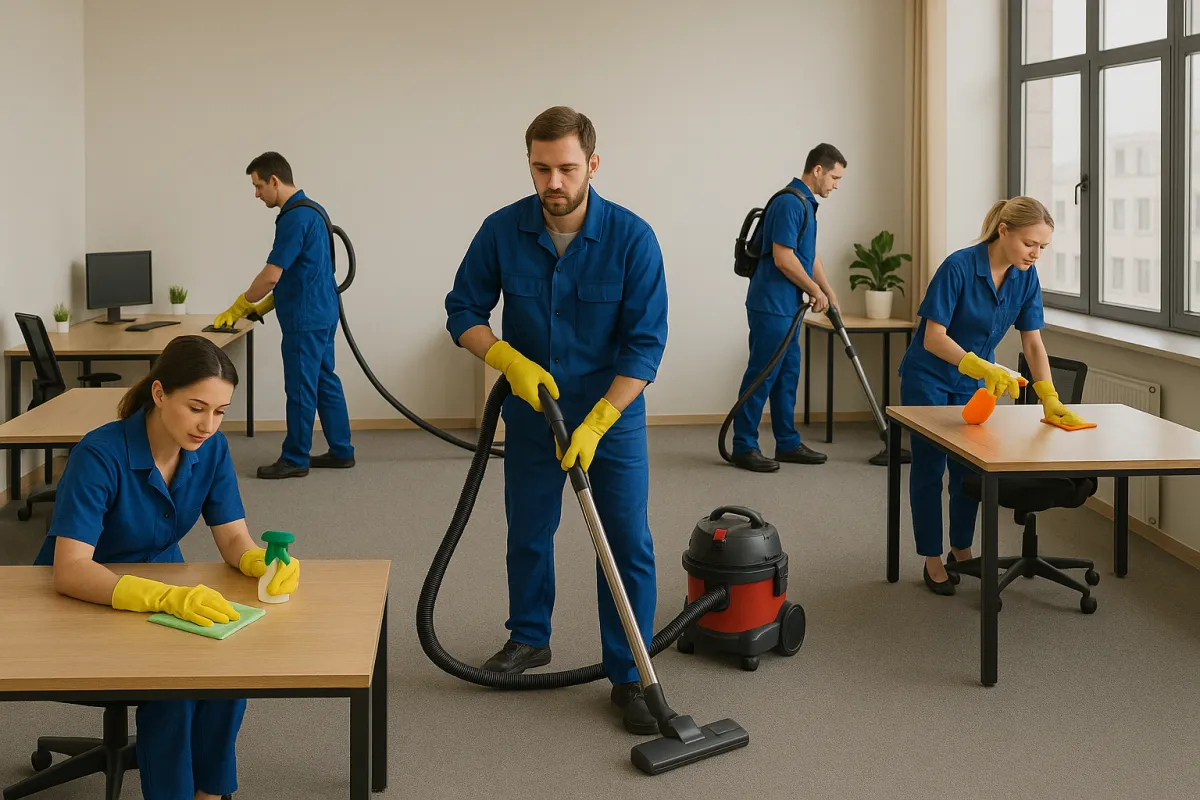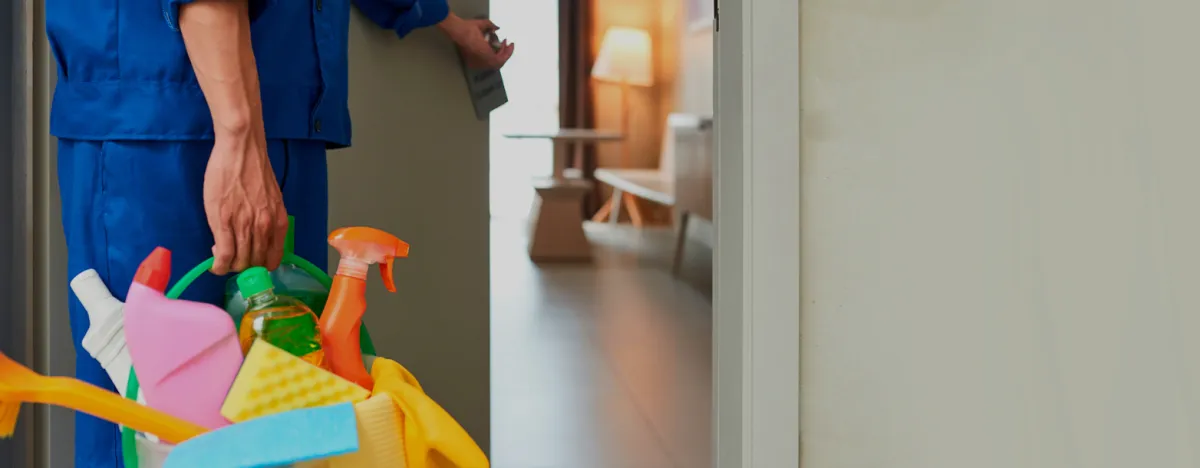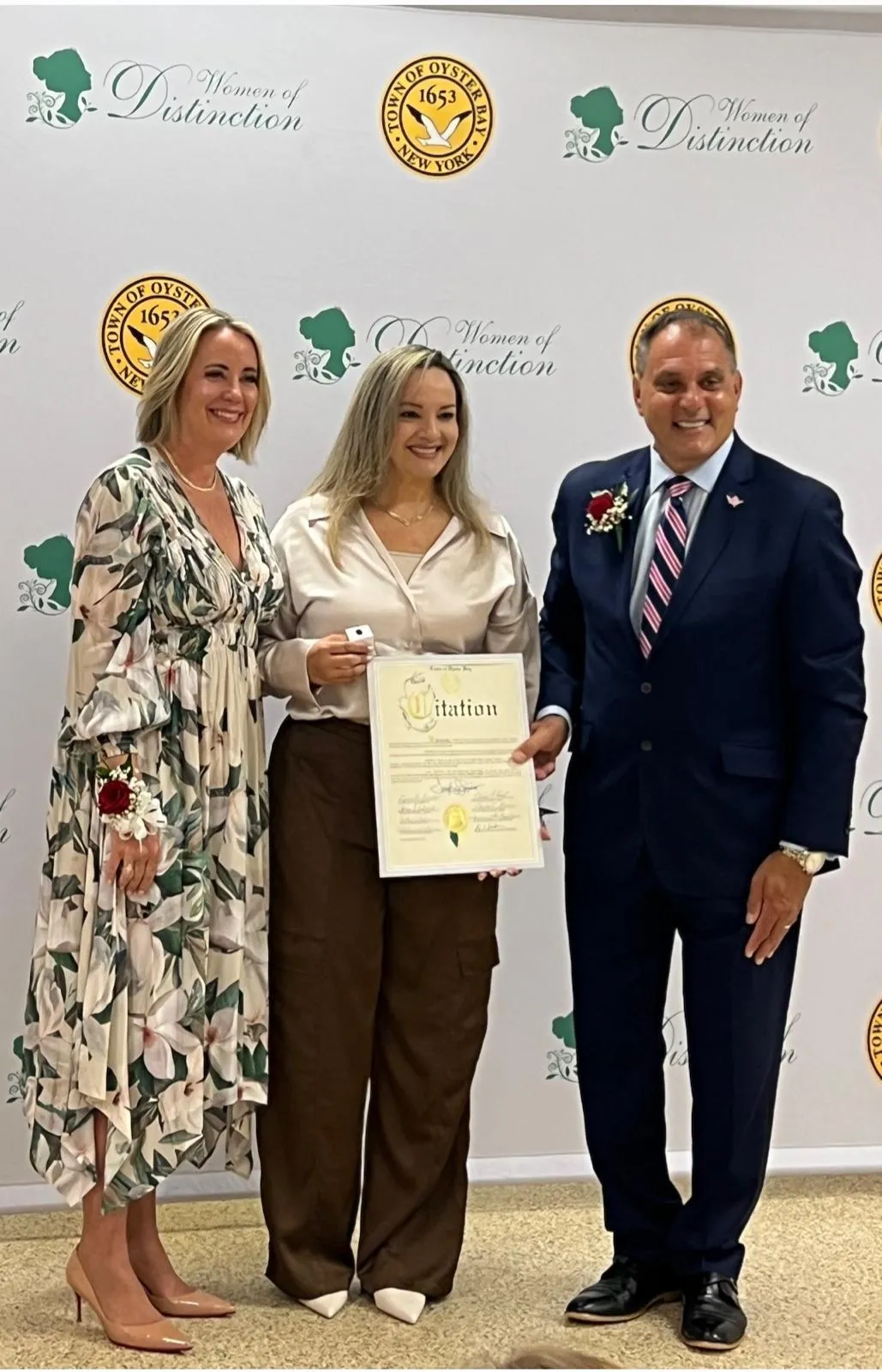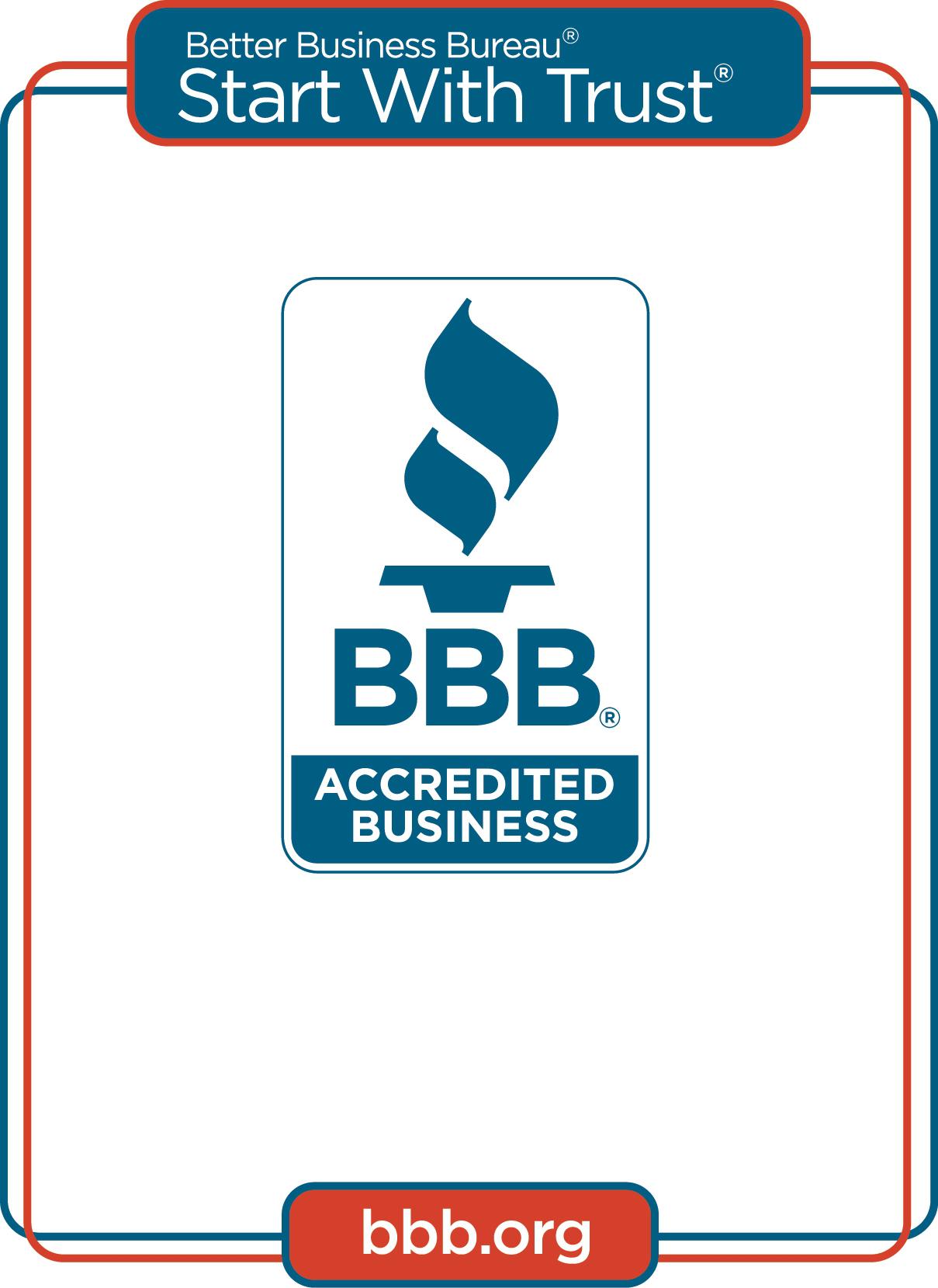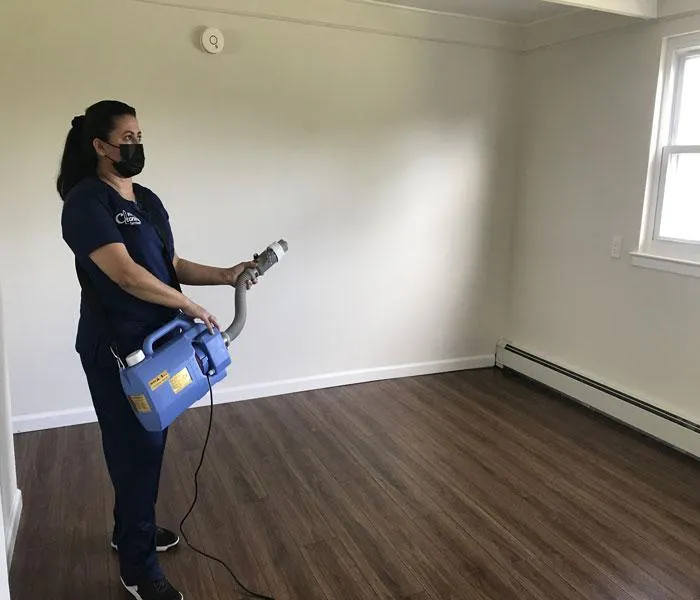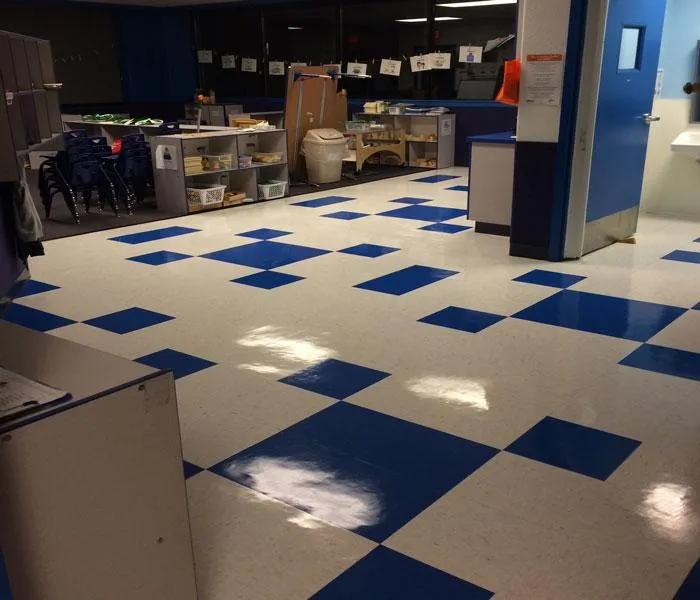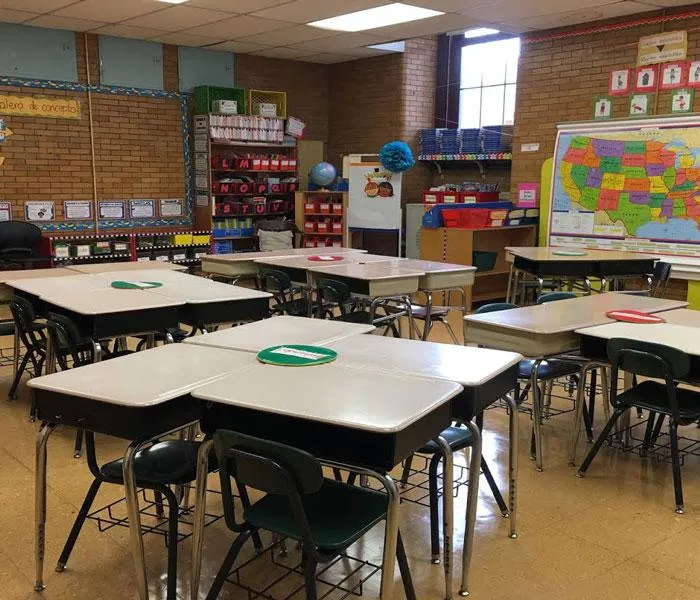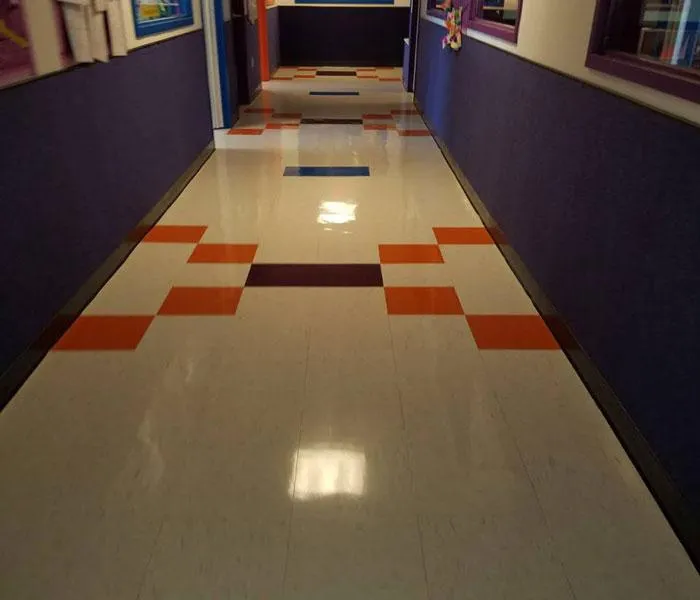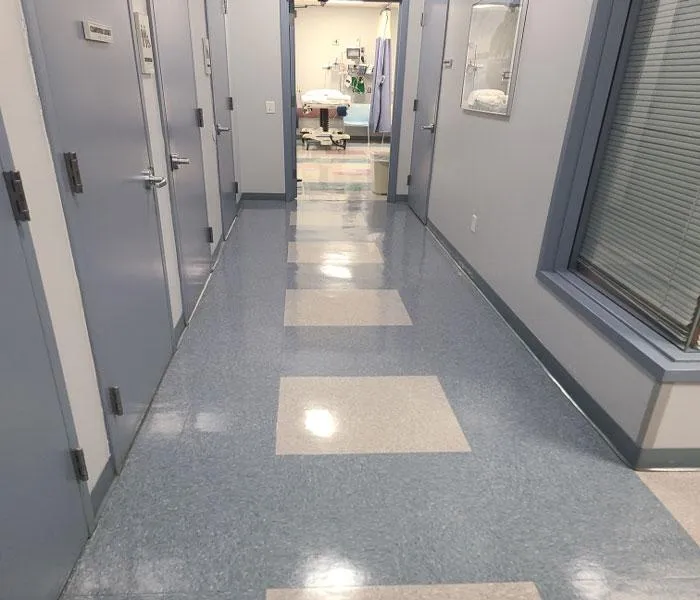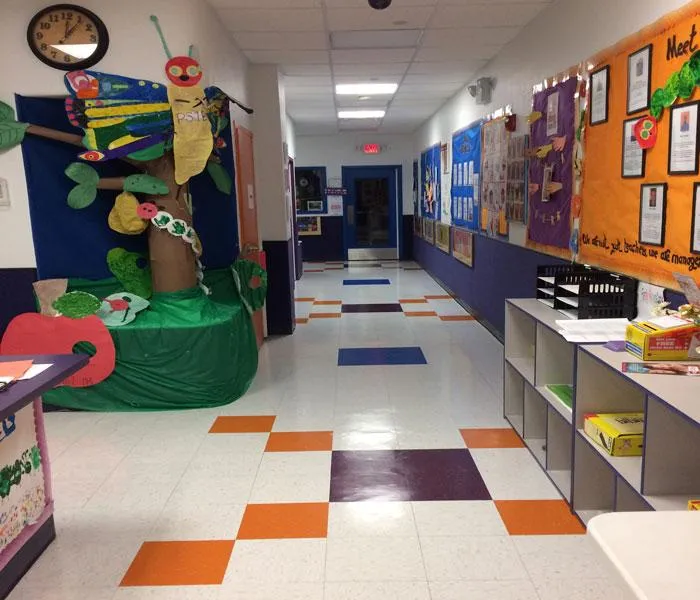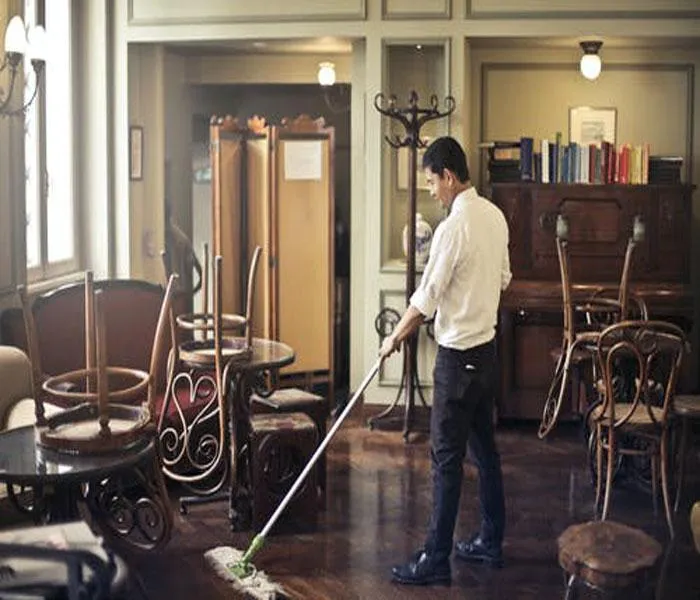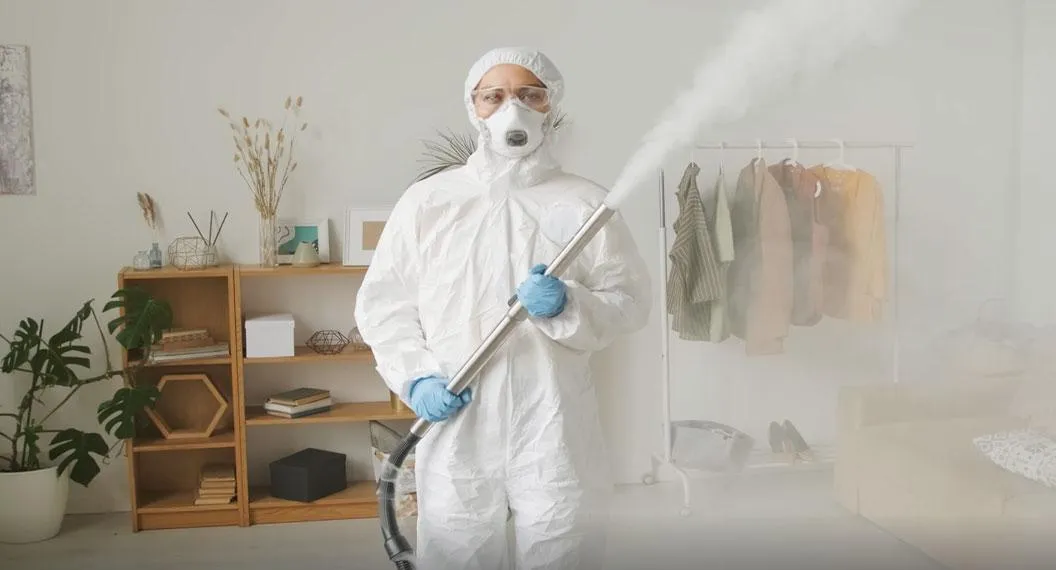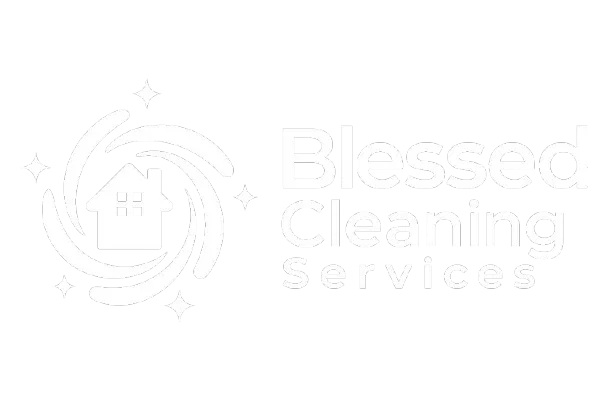
About Us
It’s our passion to help others keep things tidy.
Therefore, we have assisted residential and commercial customers to have spaces that are as efficient as possible. That way, our customers can focus on the more important things.
Our commercial cleaning services maximize your productivity by keeping the dust, dirt, and germs around you to a minimum. That way, you can focus on growing your business with less environmental stressors
Our Updates
In the residential space, we’ve helping hundreds of families enjoy their homes without wasting time on the chores that are needed to keep them orderly. You too can spend time with your loved ones without feeling guilty about house cleaning ever again.
We’ll work around your schedule and finish what you’ve contracted us to do in a timely fashion. Since we deliver, we have had the opportunity to serve our commercial and residential customers for 12 years.

Cleaning and Protection
Based on our disinfection protocols, we ensure deep and effective cleaning in all work areas and common areas on your site, minimizing the risk of transmission of harmful viruses. Likewise, we thoroughly clean every area in your home so that you and your family are less likely to get sick.
Our Team
We have a dedicated team of individuals ready to tackle your cleaning needs, no matter the complexity.
Our team is even trained in the clean-up process of blood-borne pathogens in health facilities.
Although we provide janitorial services with ease, we provide the same meticulous eye in our provision of house cleaning services.
So, let us keep your office or home clean and thoroughly disinfected.
View Gallery
Get Quote
Business Hours
Monday to Sunday: Open 24 Hours
+1 888-884-3987
You can connect with us at any time to receive a quote. We will respond in less than 24-hours.
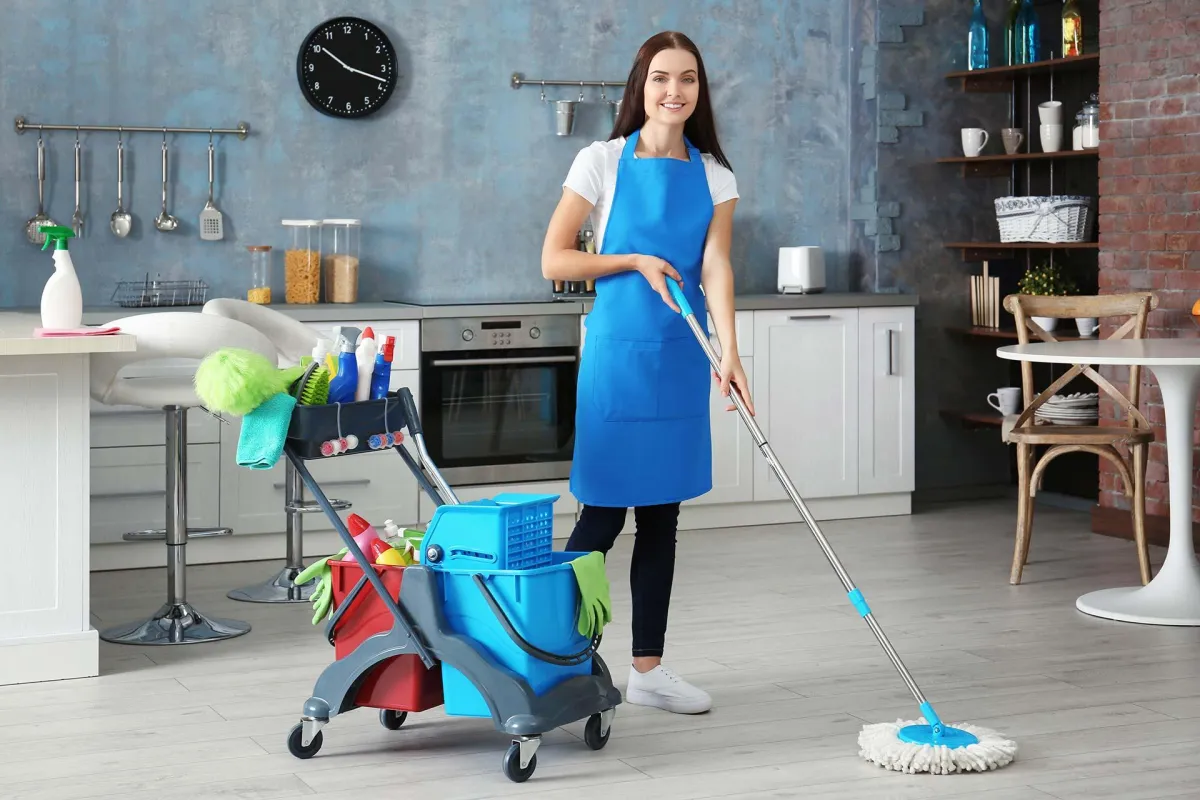
Ads/News

LI business owner shares 12-hour long process to cleanup Jones Beach after the Fourth of July fireworks
4/5/2025 - 12:00:00 PM
Zuleima Trujillo and her team cleaned Jones Beach overnight after July 4th fireworks, despite heavy trash, rain, and darkness.

GLOBAL RECOGNITION AWARD 2024
4/3/2025 - 12:00:00 PM
Blessed Cleaning Service, led by Zuleima Trujillo, won a 2024 award for excellence in cleaning services, mentorship, and community impact.

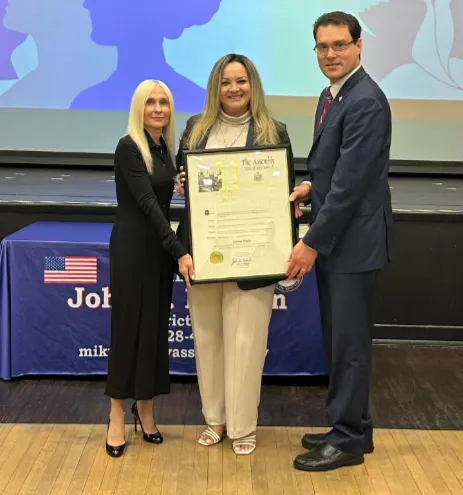
Woman of Distinction 2024
2024 - 12:00:00 PM
Zuleima Trujillo CEO of Blessed Cleaning Services Corp. was recognized as Woman of Distinction 2024 for the Assembly State of New York for providing excellent service to our community.
Woman of Distinction 2025 Town of Oyster Bay por el supervisor Joseph Saladiño
Certifications
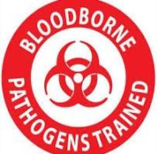
The Bloodborde Pathogens Trained
This certification equips individuals with the necessary knowledge and skills to safely clean and maintain hospital, clinics, laboratories, and other healthcare facilities.

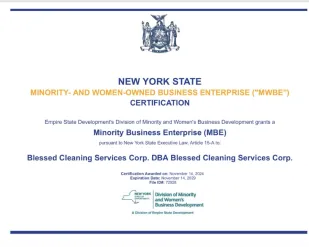
• MWBE
• EDWOSB
• WOSB
• SDB
• WBE
Testimonial
What People Are Saying

Wonderful. Punctual. 5 came in at 2 pm
Left our house at 5. Focused. Clean.
Detailed. Careful. Cleaned the kitchen
floor that I had tried few times without
success. Can’t wait for their revisit next
month. Ten thumbs up

By: Sergio Isper
Customer

The Best Services In NY.

By: Raul Rivera P.
Customer

They went above and beyond with their attention to detail. The outside of my home looks spotless!

By: Charles M.
Customer
Affiliation
Proud member of the Massapequa Chamber of Commerce and the National Police Defense Foundation.

Massapequa Chamber of Commerce
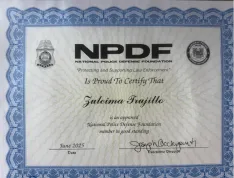
National Police Defense Foundation
© 2025 Copyright-SocialBoil
